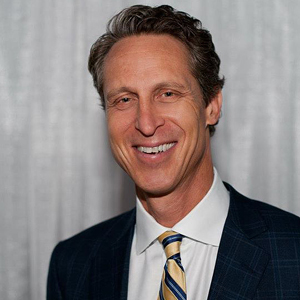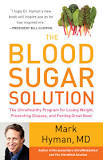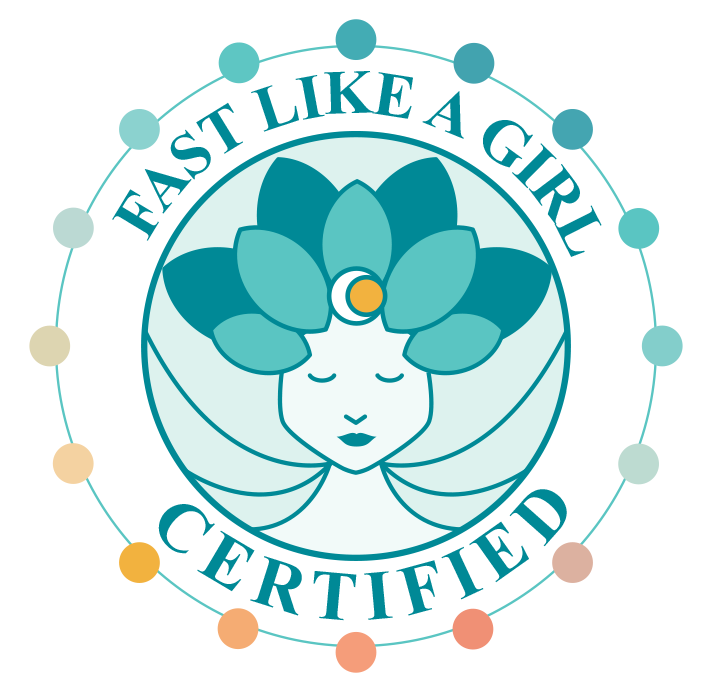Blame it on Sugar
 “Sugar more addictive than drugs like heroin and cocaine.” You’ve heard that, right?
“Sugar more addictive than drugs like heroin and cocaine.” You’ve heard that, right?
All our health issues are now blamed on sugar, if you believe the health gurus. Sugar is purported to be at the bottom of the obesity epidemic. And diabetes and cancer and all our chronic diseases.
Headlines scream “Sugar is killing us.”
But we’re not listening. According to a report by the USDA
Americans have become conspicuous consumers of sugar and sweet-tasting foods and beverages. Per capita consumption of caloric sweeteners —mainly sucrose (table sugar made from cane and beets) and corn sweeteners (notably high-fructose corn syrup, or HFCS)—increased 43 pounds, or 39 percent, between 1950-59 and 2000.
The Effects of Sugar in the Body
 Dr. Mark Hyman is a leading researcher on the effects of sugar in the human body. His 20 years of findings leads him to believe
Dr. Mark Hyman is a leading researcher on the effects of sugar in the human body. His 20 years of findings leads him to believe
“Sugar is the new nicotine. Sugar is the new fat – except fat is not addictive in the way that sugar is. And worse, sugar actually causes diabetes and obesity.”
He adds
“People can’t manage their behavior and their eating because their taste buds and their biology have all been hijacked by processed, hyper-palatable, high glucose, high sugar foods that drive their hormones and neurotransmitters to make them eat more.”
![]() I have covered this topic on processed foods in “Flavor Lies.” Yes, foods found in fast-food restaurants and in packages have been manipulated to fool our taste and its associated nutritional satisfaction. Because it tastes good but we are not nourished, we keep looking for nourishment and we eat more and more.
I have covered this topic on processed foods in “Flavor Lies.” Yes, foods found in fast-food restaurants and in packages have been manipulated to fool our taste and its associated nutritional satisfaction. Because it tastes good but we are not nourished, we keep looking for nourishment and we eat more and more.
Outside of processed foods, is sugar really dangerous? Is it the cause of obesity and diabetes?
Stopping Sugar
 Dr. Hyman would have us stop eating sugar as well as also flour, processed foods filled with additives and chemicals, and inflammatory items like gluten and dairy that you may not realize you’re allergic to.
Dr. Hyman would have us stop eating sugar as well as also flour, processed foods filled with additives and chemicals, and inflammatory items like gluten and dairy that you may not realize you’re allergic to.
There are calls from all health sectors to reduce sugar consumption or eliminate it entirely.
But what happens when you restrict something from your everyday life that surrounds you?
You rebel. And do more of it, in this case it is eating sugar.
Is this problem due to the substance sugar itself, or is it due to its restriction? Let’s look at someone who gave up restricting food and especially sugar.
“Eating sugar did not make me a bottomless sugar pit, instead, eating sugar actually ended my dysfunctional relationship to it.
I fed my body sugar, and finally, my body started telling me what it needed.”
She ate sugar freely and was not addicted! Is she alone in this? Let’s look at a 2008 study on rats called “Evidence for Sugar Addiction“:
However, and this is very important, rats fed daily intermittent sugar and chow apparently release DA every day as measured on days 1, 2 and 21 of access (Fig. 7; Rada et al., 2005b). As controls, rats fed sugar or chow ad libitum, rats with intermittent access to just chow, or rats that taste sugar only two times, develop a blunted DA response as is typical of a food that looses it novelty.
What they found is that with unlimited access to sugar or chow, the brain response in rats was that it lost its novelty. It was intermittent – restricted – access to sugar that had effects in the brain that could be called addictive:
What this review demonstrates is that rats with intermittent access to food and a sugar solution can show both a constellation of behaviors and parallel brain changes that are characteristic of rats that voluntarily self-administer addictive drugs. In the aggregate, this is evidence that sugar can be addictive.
So sugar (or even real food) is not addictive when it is freely available. We need to eat! It fuels us and gives us pleasure! Do you remember the study with babies, showing we can trust our natural appetite?
When our appetite is thwarted, when certain foods are restricted, that is when the behavior around eating can become addictive. Researchers highlighted this in a study:
We conclude that “food addiction” is a misnomer because of the ambiguous connotation of a substance-related phenomenon. We instead propose the term “eating addiction” to underscore the behavioral addiction to eating;
Our body tells us what we need
Do you believe that? Can we trust that our bodies accurately tell us what we need?
Can these studies be more evidence that it is true when we have freely available all tastes of food, including sweet, as it is found in nature (and not extremely manipulated processed food)?
Is sugar killing us or is the idea of restriction of sugar and its inclusion in flavor-manipulated food?
Please comment below if you can eat sugar without restricting it, and what your appetite for sugar is. Also comment if you would like to give it a go to look at behavior instead of making sugar the devil.
WANT TO USE THIS ARTICLE IN YOUR NEWSLETTER OR WEB SITE? You can, as long as you include this complete blurb with it:
“Naturopathic Physician Dr. Cheryl Kasdorf is a doctor who listens and has answers with a natural approach that works. She is known as the go-to person to get back your get-up-and-go when it is gone, gone, gone. Get your FREE gift “Dr. Kasdorf’s Health Secrets for Feeling & Looking Great” at drcherylkasdorf.com




